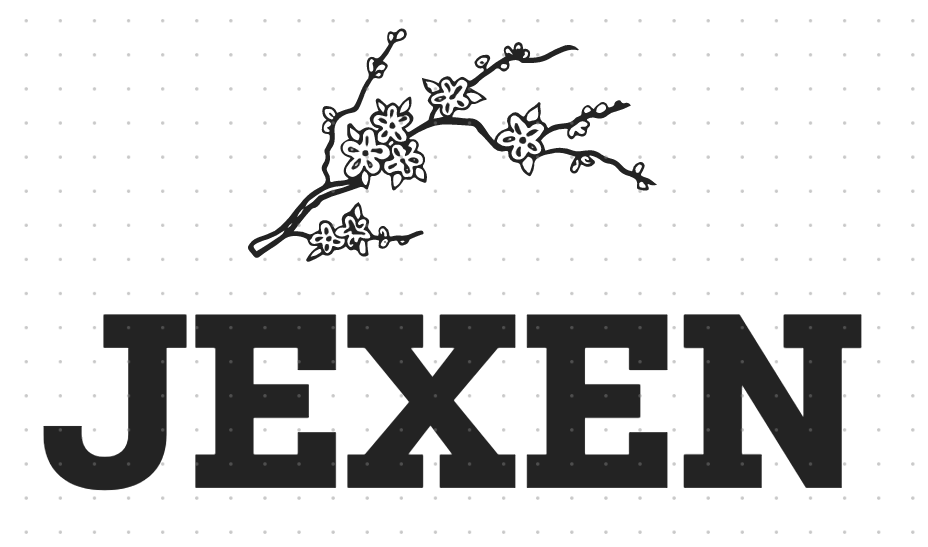Japan and Belgium are two countries that are vastly different in terms of culture, history, and customs. Here are some of the key cultural differences between Japan and Belgium:
Communication Style
The communication style in Japan is more indirect and formal, while in Belgium, it is more direct and informal. In Japan, it is customary to use honorific language when speaking to someone of higher social status or age, while in Belgium, people tend to use a more informal tone.
Sense of Time
In Japan, punctuality is highly valued, and being late is considered disrespectful. People in Japan tend to be very conscious of time and often arrive early for appointments. In contrast, in Belgium, people tend to have a more relaxed attitude towards time and are often more flexible with schedules.
Social Etiquette
Social etiquette in Japan is very important, and there are many customs and traditions that are deeply ingrained in the culture. For example, it is customary to bow when greeting someone, and gift-giving is an essential part of social interaction. In Belgium, social etiquette is more informal, and people tend to be more relaxed in their interactions.
Food Culture
Food culture in Japan is very different from that in Belgium. Japanese cuisine is known for its emphasis on fresh, seasonal ingredients and delicate flavors, while Belgian cuisine is known for its hearty and flavorful dishes, such as stews, fries, and beer. Additionally, the way food is consumed in Japan is very different, with many traditional dishes served in small portions and eaten with chopsticks.
Religion
Religion plays a significant role in Japanese culture, with Shintoism and Buddhism being the most prominent religions. In contrast, Belgium is a predominantly Christian country, with Catholicism being the dominant religion. This difference in religion has a significant impact on the cultural norms and customs of each country.
Work Culture
Work culture in Japan is characterized by long hours, high levels of dedication, and a strong emphasis on teamwork. In contrast, work culture in Belgium is more relaxed, with a focus on work-life balance and individualism. This difference in work culture can be seen in the way companies are structured and in the expectations placed on employees.
In conclusion, Japan and Belgium are two countries with vastly different cultures, customs, and traditions. By understanding and appreciating these cultural differences, we can develop a deeper understanding of each other’s cultures and build stronger relationships.


